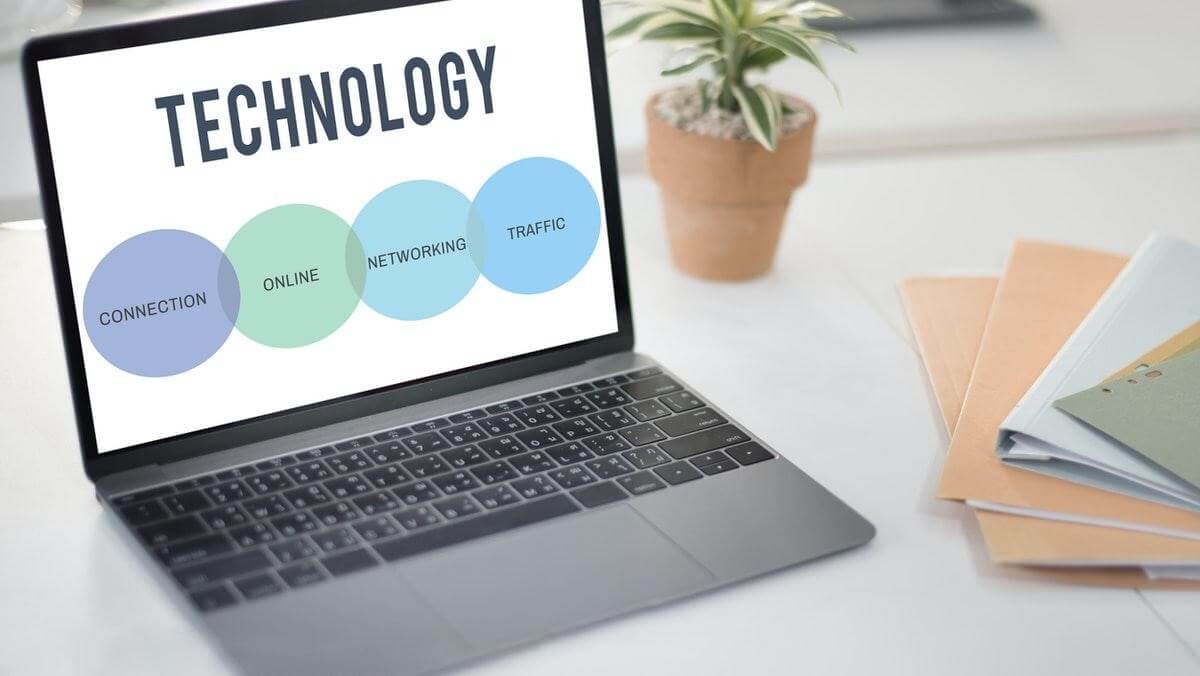Over the past few years, technology has advanced at a staggering pace. The internet, smartphones, artificial intelligence, cloud computing, and extended reality are changing almost every facet of our lives.
How do modern technologies impact human development? Let’s find out!
The Cloud Provides Faster Access to Information
In 2021, the number of global smartphone users has surpassed three billion. The rapid growth of the internet and the cloud has impacted how and when we access information.
online pharmacy purchase zovirax online best drugstore for you
Online users can now find and consume a wide array of free content via multiple channels and devices.
For starters, diverse online content is essential for our self-development. Today, you do not need to rely on formal education to improve knowledge or acquire new skills. You can sign up for webinars, register on e-learning platforms, listen to podcasts, watch educational videos, etc. Whether you want to learn to play guitar or are looking for tennis training videos, there is plenty of free resources at your fingertips.
The immediate access to information also improves workspace productivity and communication. Employees can now use a wide range of team communication tools, such as project management systems, shift planners, video conferencing software, and instant messaging apps.
Solutions like sales CRM or employee management tools allow for data centralization. Therefore, everyone in the team can access the same data in real-time. That increases the overall communication transparency and company culture. Employees across various departments can communicate faster and more efficiently. That is vital to companies hiring remote teams.
Modern Technology Enables Engaging and more Available Education
Modern technologies benefit education on multiple levels.
First, cloud computing allows for more accessible, remote education.
online pharmacy purchase azithromycin online best drugstore for you
Learners can apply for web-based courses that meet their needs, expectations, and interests. They do not need to choose schools based on their location and accessibility anymore. Reputable universities, such as Yale and MIT, offer Massive Open Online Courses (MOOCs) to make their learning programs available to remote students.
Second, VR and AR make education more engaging. Education has shifted from passive to active classroom settings. Instead of passively taking down notes, students can participate more actively. These technologies take students on immersive journeys, allowing them to understand and retain information. That way, students have a greater sense of control over their lectors and feel empowered to learn.
Finally, modern education is student-centric. It adapts to learners’ specific needs and requirements. Many educational platforms and applications use artificial intelligence technologies, such as natural language processing or machine learning. With their help, they analyze student progress and adapt the learning models accordingly. That way, students can learn at their own pace and achieve better results.
The Impact of the Internet and Wearables on Memory
As mentioned above, wearable devices and the internet provide us with an immense amount of information.
Given that, it is not surprising that instant access to the cloud and the internet has changed how we remember information. Most importantly, it affects how we remember.
For example, do you still try to remember close friends’ phone numbers? I suppose you have set up the speed dial option on your smartphone to access important contact information faster. Or, you do not remember the route you drove because you used GPS.
Our dependence on advanced technological solutions has decreased our ability to retain things. The human brain often does not remember information because it knows where it can find it. That phenomenon is often referred to as digital amnesia.
Digital Technologies Reduce the Human Attention Span
From virtual reality to real-time social media stories, today’s technologies are highly immersive and engaging.
When we all have smartphones in our pockets, we do not need to tolerate boredom anymore. We play games, chat via IM apps, listen to music, and scroll down social media feeds.
However, immediate access to the internet and cloud technologies comes with multiple consequences. One of them is the decreased attention span. Professionals define it as the amount of time we can concentrate on a task before we start zoning out.
According to research studies, the average attention span has decreased by 4 seconds, down from 12 to 8.
Another study found that 91% of teachers believe kids’ attention spans have become shorter as they rely on screen-based activities over conventional reading.
The Influence on Interpersonal Communication
Social networks and web-based communication tools brought the world closer and turned it into a global village. With these technologies, there are no barriers anymore. We can seamlessly communicate with friends and family from all around the world. We can keep in touch with old contacts, find new friends, and purchase from global brands.
However, advanced technologies can also negatively impact interpersonal communications and relationships.
Today, teenagers are digital natives.
online pharmacy purchase strattera online best drugstore for you
They spend most of their time in front of their laptop and smartphone screens. However, that has impacted their ideas, thoughts, and emotions in in-person communications.
They are more bothered about their social lives than their reality. Also, their communication with parents is missing since they are not tech-savvy enough to keep pace with their children. That results in an increased generational gap.
Over to You
From these examples, you can find out that technology impacts human development both positively and negatively. However, the benefits of tech advancements still outpace their potential risk. You need to balance between the use of technology and other aspects of their lives.
How does modern technology impact your life? We are listening!


